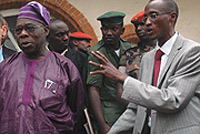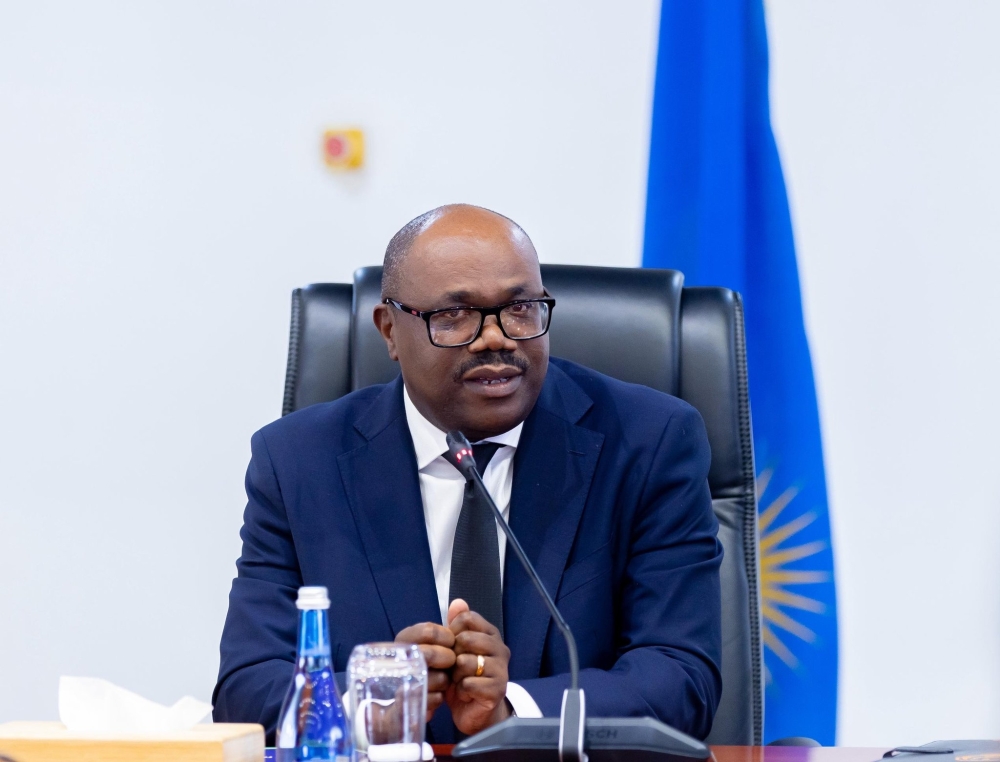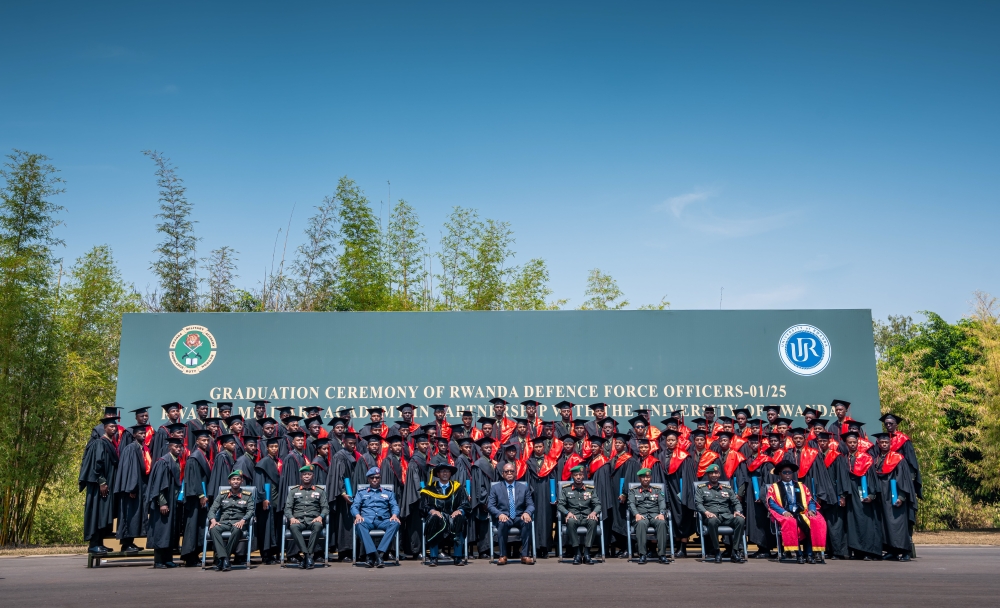It emerged this week that there is apparently a divergence of opinion between the forces of the National Congress for the Defence of the People (CNDP) of General Laurent Nkunda and the United Nations mission in the Democratic Republic of the Congo (MONUC).


It emerged this week that there is apparently a divergence of opinion between the forces of the National Congress for the Defence of the People (CNDP) of General Laurent Nkunda and the United Nations mission in the Democratic Republic of the Congo (MONUC).
This is in regard with the alleged reoccupation of the separation zone by the Congolese army and its allies, something that could spark off the conflict once again.
It was reported that the MONUC had rejected CNDP’s allegations that the Congolese army FARDC was boosting its frontline positions.
This controversy came as the two warring sides; CNDP and the government of DR Congo are currently engaged in talks in Nairobi under the auspices of the United Nations special representative to the Great Lakes Region, former Nigerian President Olusegun Obasanjo.
On December 24, Nkunda informed Alan Doss the head of MONUC that the FARDC and its allies were redeploying.
Nkunda made it known to Doss that the army was bringing more troops to Kibati located a few kilometres from the strategic town of Goma.
The bone of contention for Nkunda and his forces is that the government forces and its allies have in effect violated a truce. This, according to security analysts, may derail the talks and consequently lead to a return to the trenches.
It has been reported that the Mai Mai and the Forces for the Democratic Liberation of Rwanda (FDLR) have taken positions in this areas which is supposed to be supervised and controlled by the MONUC forces.
CNDP spokesman Bertrand Bisiimwa was quoted in the media saying that, light should be shed on the reoccupation of the zones which the CNDP had withdrawn from, by the government and its allies.
However, MONUC has claimed that no government forces have been sighted in the area. This is seen by the CNDP as an attempt by MONUC to cover up or shirk its failure of responsibility to protect the separation zone.
What is likely to be a point of departure is if the government coalition has reoccupied the separation zone with the participation of the genocidaires FDLR, who, it has been pointed out, are the root cause of the conflict in eastern DR Congo because of its genocide ideology of eliminating the Tutsis in eastern Congo.
This being one of the major reasons for CNDP taking up arms will not help matters. It may mark a turning point in talks. As Bisiimwa was quoted saying, a spark could reignite hostilities and hence further complicate the situation.
MONUC by taking up the responsibility of manning the separation zone should help to salvage the talks between the two sides and hence avoid a return to war.
Ends




